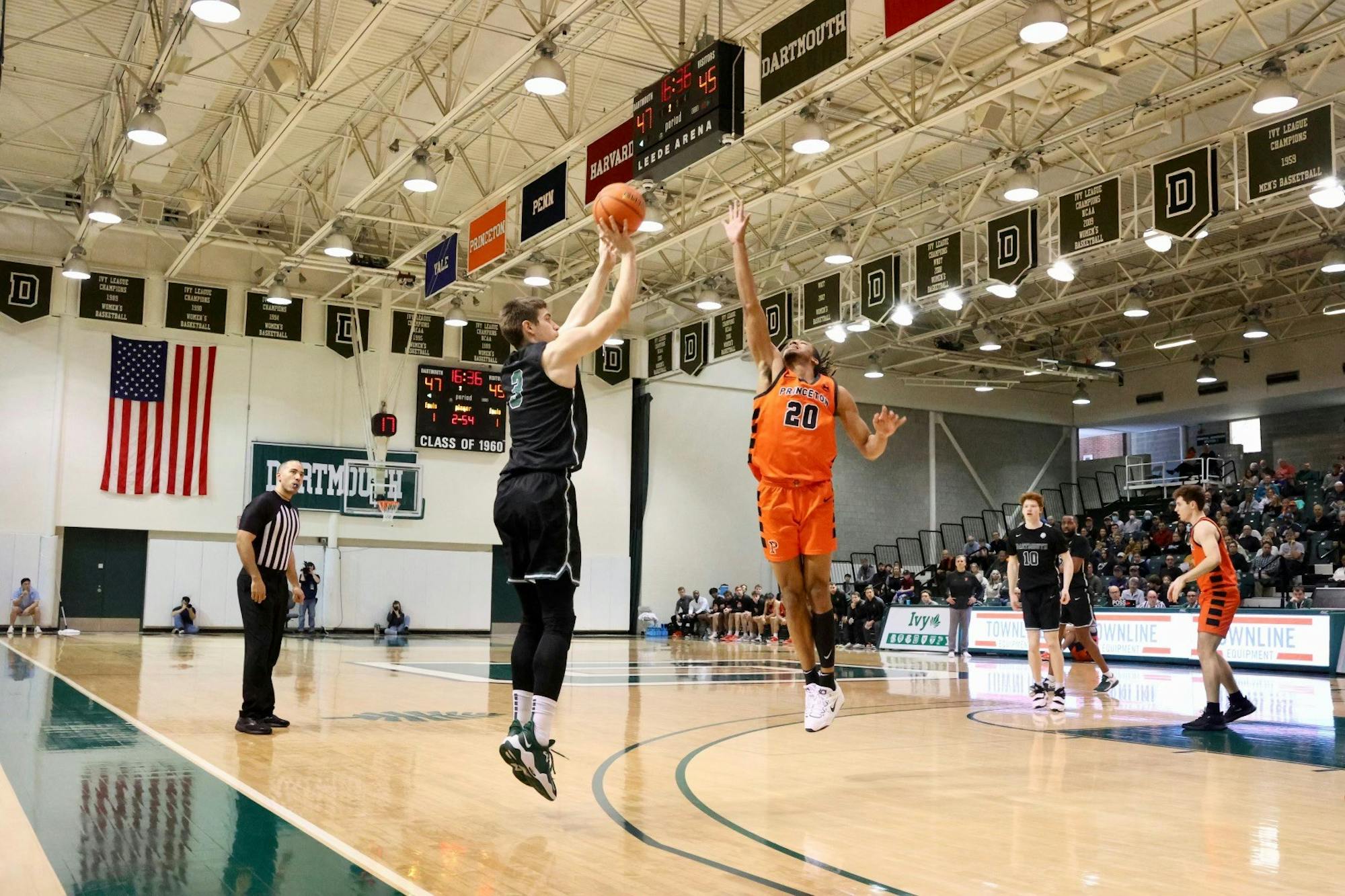On Thursday, Oct. 5th, the College’s lawyers responded to the men’s basketball team’s filing to unionize on Sept. 10, arguing that student athletes cannot be considered employees because their scholarship role does not depend on participation while the college loses money from Dartmouth’s basketball program. Joe McConnell, who represented Dartmouth in a National Labor Relations Board hearing, suggests that the term “student athletes” and the way it is used at national powerhouse athletic programs, such as the University of North Carolina at Chapel Hill and the University of Kansas, is also applicable at Dartmouth.
“Dartmouth’s paramount commitment is to the academic and personal growth of all students, including students who participate in varsity athletic activities,” McConnell said during the virtual hearing. “At Dartmouth, students’ primary objective is learning, and Dartmouth has adopted policies reflecting that students who participate in intercollegiate athletics are students first and athletes second, and that class attendance takes precedence over participation in athletics.”
The men’s basketball team’s unionization marks the first attempt of a group of collegiate student athletes to unionize.
This is all a part of a decades-long struggle between the National Collegiate Athletics Association and its players, as the NCAA seeks to maintain players’ amateurism. From the University of Michigan’s “Fab Five” to the University of Southern California’s Reggie Bush, this is not the first controversy surrounding the NCAA and athletes seeking financial independence. Most recently, in 2021, the NCAA, enforced a policy change allowing athletes across all of its sports to profit off of their names, images, and likenesses, or NIL, while remaining in school, a landmark change that has revolutionized college sports.
Thanks to their national spotlight, collegiate football and basketball have grown into billion dollar industries, with national network deals, huge brand endorsements and highly anticipated events like the College Football Playoff and NCAA March Madness.
While Dartmouth’s football and basketball games are featured on ESPN+, they lack the big time brand deals which contribute to enormous basketball programs. McConnell pointed out that men’s basketball at Dartmouth is not a source of revenue for the College.
“The College does not profit from the activities of the men’s basketball program,” he said at the hearing. “Unlike athletic programs in other colleges — universities that deliberately pursue and generate net revenue and profits for their institutions through their athletics — the men’s basketball program and the athletic program overall at Dartmouth does not produce any of that revenue for Dartmouth, and instead represents an expense that Dartmouth assumes as part of its ongoing participation in the Ivy League.”
Lawyers representing the College added that Dartmouth has a commitment alongside the NCAA to honest and fair amateurism, which makes it separate from those universities which seek to make huge financial gains come each basketball season.
In 2014, a similar situation occurred at Northwestern University, located in Evanston, Illinois. The Northwestern football team attempted to unionize, initially passing the National Labor Relations Board, only to fail when met with challenges from the Big Ten Conference as a whole. Because the Big Ten Conference features both public and private institutions, the football team’s unionization would imbalance the labor markets within the conference. This precedent differs from the men’s basketball team’s circumstances at Dartmouth because all eight schools in the Ivy League are private.
Dartmouth’s response is bolstered by the unique rules which regulate student athletes at Ivy League schools. For example, there is a 20-hour maximum per week in which Ivy Leagues are allowed to engage student athletes in their sport, which includes time spent playing and practicing, and Ivy League men’s basketball involves fewer games and far less travel than Power 5 Conferences like the Atlantic Coast Conference and the Big 12 Conference. Furthermore, need-based scholarships at the Ivies are not based on an athlete’s playing status; rather, they are based on demonstrated financial need.
In the coming weeks, the NLRB’s regional director will issue a decision on what could prove to be a landmark case in the capricious landscape of economics in college athletics. If the men’s basketball team is allowed to unionize, it would serve as a historic landmark in terms of the relationship between student athletes and their schools around the country. Regardless of the outcome of the decision, the attempt made by the Dartmouth team is unprecedented, reflecting the ever-changing landscape of college athletics.
However, the Ivy League remains standing as a pillar of the old guard, committed to making collegiate athletics about its original purpose: students gaining opportunities at elite institutions through athletics and using their talents not for economic and labor gains, but to further their education.
The coming weeks look to provide the answers to these critical questions, as the Big Green prepares for another basketball season.




